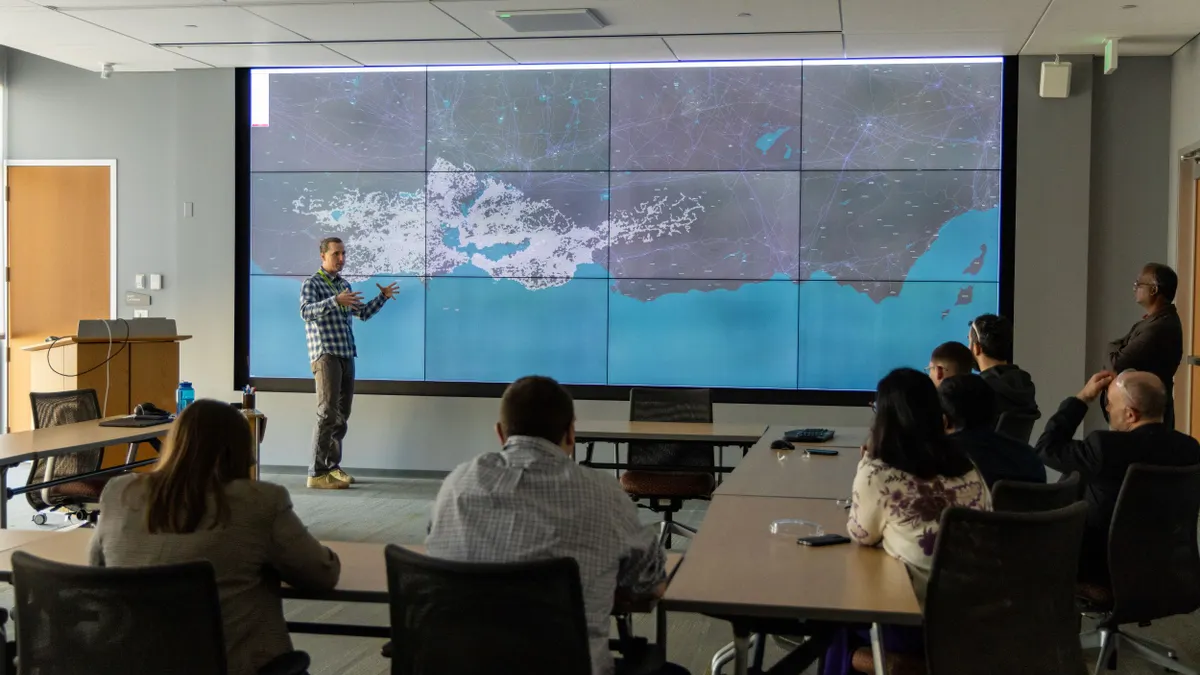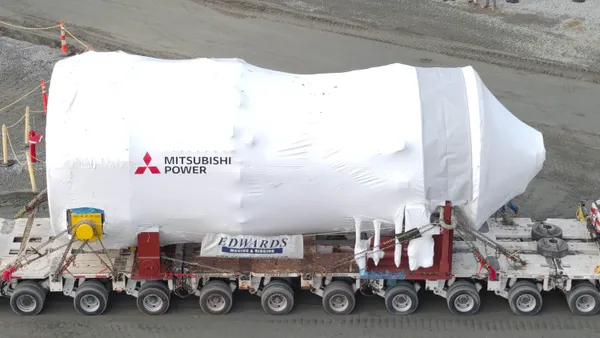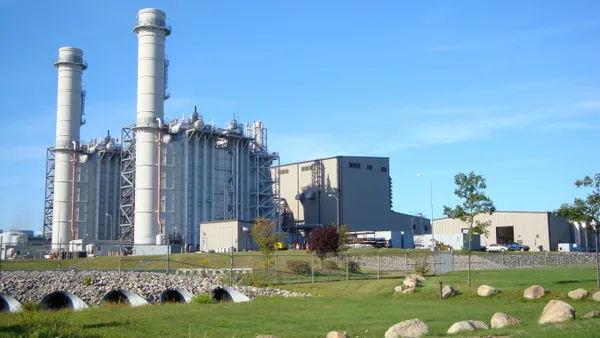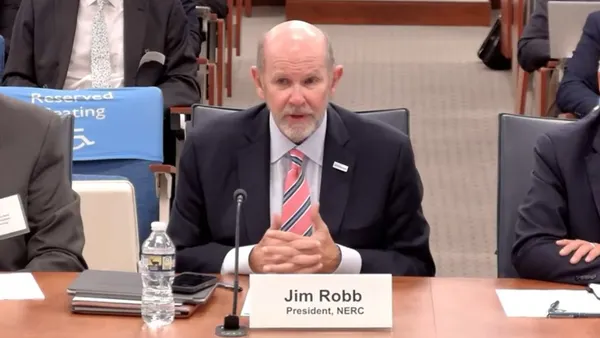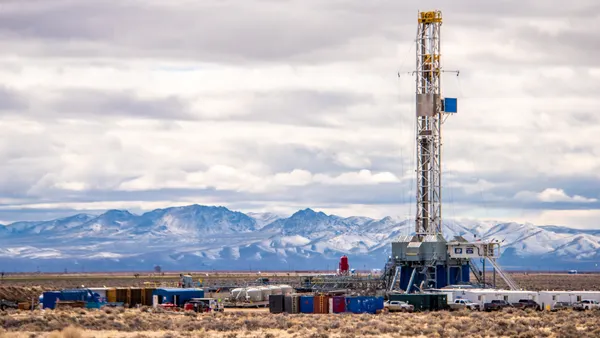Dive Brief:
- Secretary of Energy Rick Perry was on Capitol Hill yesterday, testifying before the House Appropriations Committee to defend research cuts in the White House's proposed budget.
- Perry told the Subcommittee on Energy and Water that the budget reflects "difficult choices," but he also indicated the Trump administration does not expect all of the cuts to survive Congressional review.
- The DOE head also said a highly-anticipated review of grid reliability and baseload power will be released by the end of the month, voicing support for "not just our nuclear plants but any plants able to run that baseload."
Dive Insight:
In wide-ranging testimony before skeptical lawmakers, Perry said he would use his experience as the governor of Texas to wring more innovation and advancement out of the the United States' national laboratories — while also slashing their budgets to pay for national security.
Perry told lawmakers the budget proposal "makes some difficult choices, but it is paramount we execute our fiduciary responsibility to the American taxpayer."
Under the White House's proposed budget, the overall Department of Energy budget would be reduced by just 6%, a shift in funding from research to nuclear security would mean double-digit cuts to department's focused on advanced energy research.
The Office of Energy Efficiency and Renewable Energy would see a 69% budget cut compared with 2016 levels; the Office of Fossil Energy budget would be reduced 44%; the Office of Nuclear Energy budget would decline by nearly 30%.
Rep. Marcy Kaptur (D-OH), the ranking Democratic member on the subcommittee, said the cuts would result in $2 billion less support flowing to universities and the loss of thousands of jobs focused on energy. "This budget, I fear, cedes leadership to China," she said. "This is the sector inventing our future."
While Democrats are openly hostile regarding the cuts, it is not a strictly partisan issue. The Houston Chronicle points out that last month a half dozen Republican Senators wrote a letter to President Trump making the case for maintaining energy funding.
Rep. Mike Simpson (R-IH), chair of the subcommittee, said lawmakers will need to "carefully review" reductions in energy research funding. Perry told the subcommittee yesterday that he would manage the country's national laboratories "in a way that keeps employment levels at the level to deliver the innovation and technology this country is going to need."
While Perry did not specifically mention coal-fired power plants, he voiced his support for resources that can run constantly. Asked about the need for keeping nuclear plants online, the Secretary replied, "not just our nuclear plants but any plants able to run that baseload."
"We need to give them appropriate oversight and concern from the standpoint of keeping them operating," he said.
He also indicated that a highly-anticipated study on grid reliability is expected out by the end of the month. In April, Perry called for a review of the country's power grid, to determine whether policies to boost renewable energy are hastening the retirement of coal and nuclear plants and threatening power reliability.
And Perry defended President Trump's decision to pull the United States out of the United Nations Paris climate accord, which aims to limit global warming to 2°C this century. “We are still the leader in clean energy technology," he said. Previously, Perry said he would not advise withdrawing from the pact.
The proposed budget would also spend $120 million to restart development of the controversial Yucca Mountain nuclear waste storage site in Nevada.
Perry, facing skepticism from some lawmakers over the budget's cuts, indicated that he expects it will not make it through the Senate unchanged. "This is the first step in a long process," he said, referring to his time as governor of Texas. "Budgets don't always come back to them the way they started."




